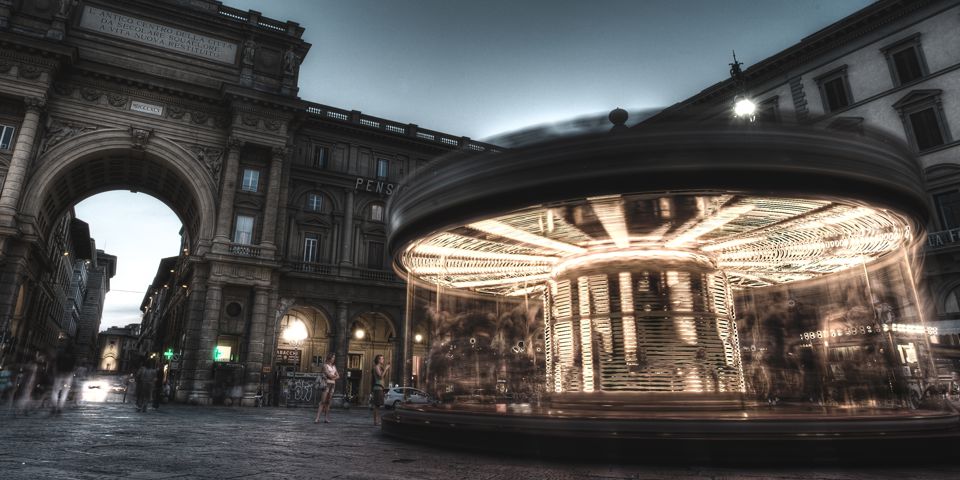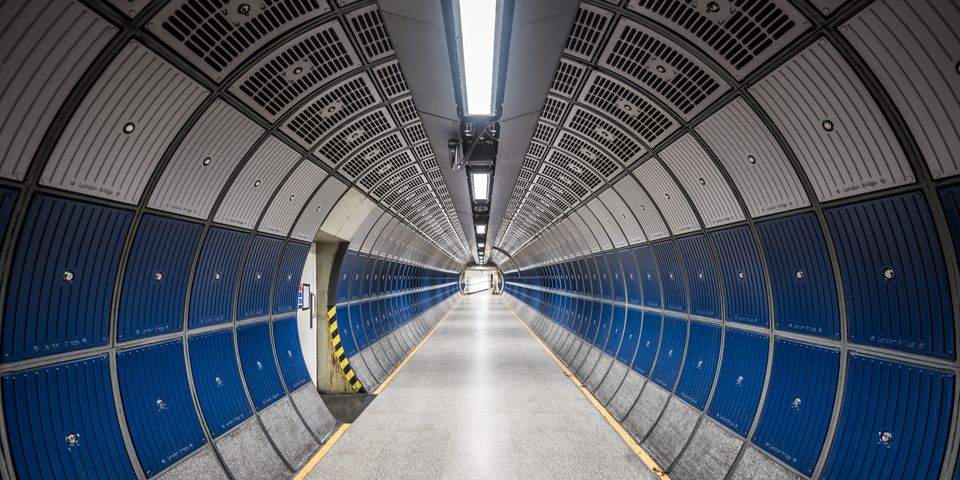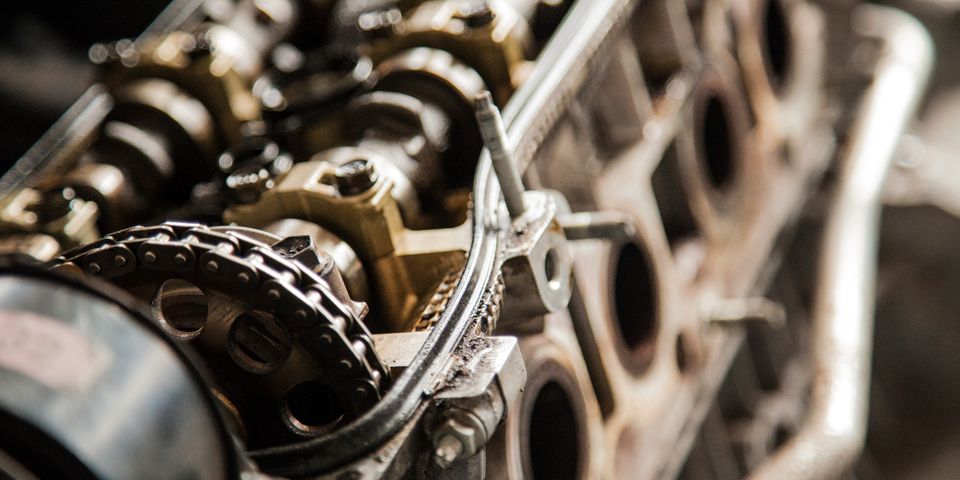Imagine sitting at your office desk during lunch hour and scrolling over to the website of one of your favorite artists. Without notice, a massive eruption of noise shoots out your computer speakers. Not only are you embarrassed by this sudden burst of sound, your co-workers will be annoyed by the interruption as well.
The culprit? Autoplay. Just like those long-derided flash videos, autoplay causes Internet users to shake their fists in frustration. Consider these scenarios:
- Most Internet users keep a number of tabs open at any given time, meaning it’s difficult to determine where or how to click the mute button.
- If multiple songs and videos are embedded on the homepage, imagine the commotion of them starting at the same time.
- The visitor is listening to music on iTunes or Pandora and wants to continue streaming without interference from other sounds.
Autoplay is widely known as the most reviled tactic of today’s digital world. According to the 2013 Digital Future Report, 84 percent of respondents aged 25 to 34 have left a website due to an “intrusive or irrelevant” advertisement. Even on a music-oriented website, the reaction is often similar. The best marketing strategy for an artist isn’t to hijack a person’s experience with content, but to rely on more subtle techniques that can hold their interest. When used properly, audio and video on your site can greatly enhance the visitor experience.







